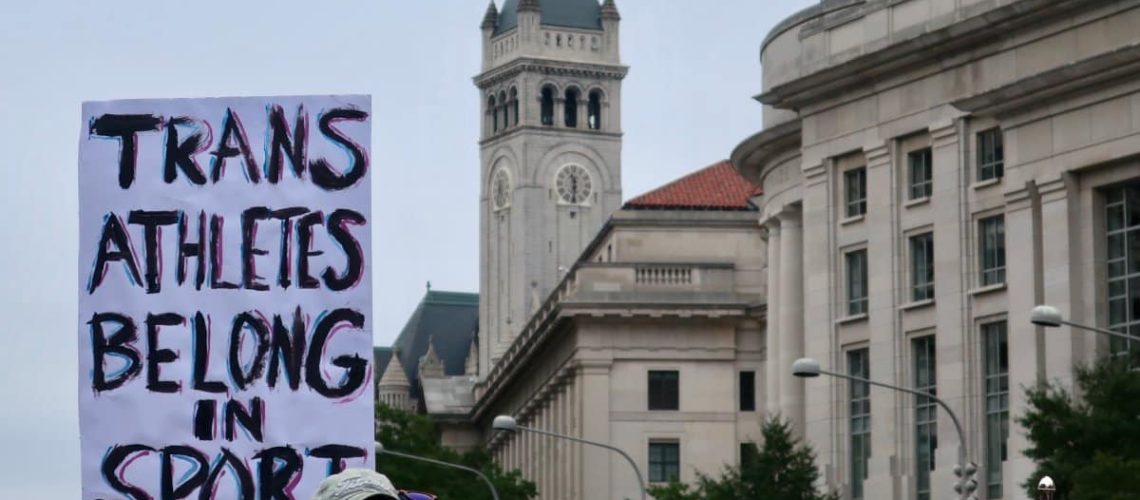Can we balance fairness and inclusivity in sports? The debate rages on, with high stakes for athletes and the future of competitive sports. From high-profile athletes to the fundamental question of fairness, here’s why gender in sports is a hot topic now.
1. Physiological Differences
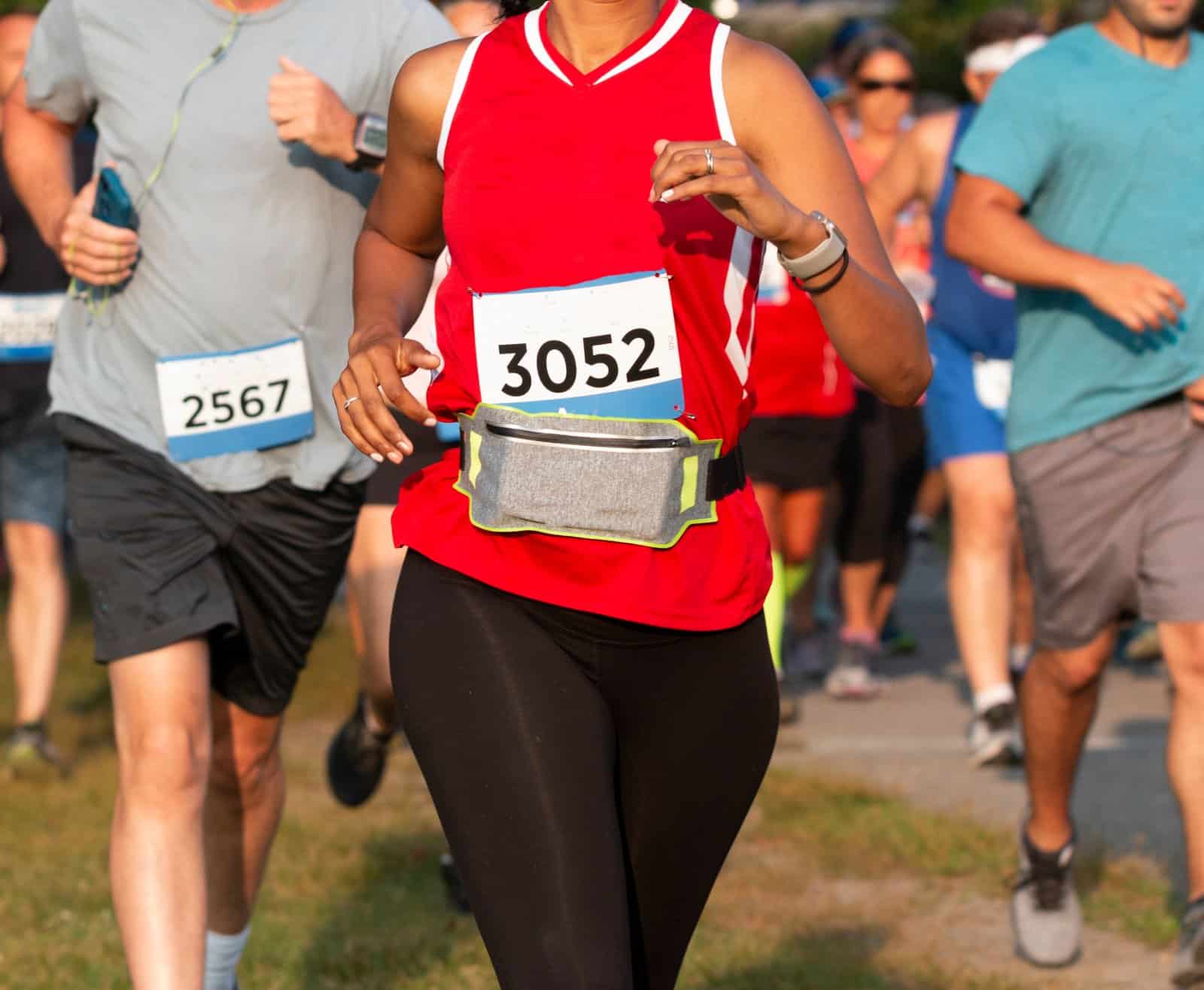
Men typically have higher bone density, greater muscle mass, and cardiovascular advantages compared to women. These biological differences often result in significant performance gaps, making it unfair for women when competing against men. For example, men’s world records in many sports, like the 100m sprint and weightlifting, far surpass those of women, highlighting the need for fair competition rules.
2. Power and Strength Disparities
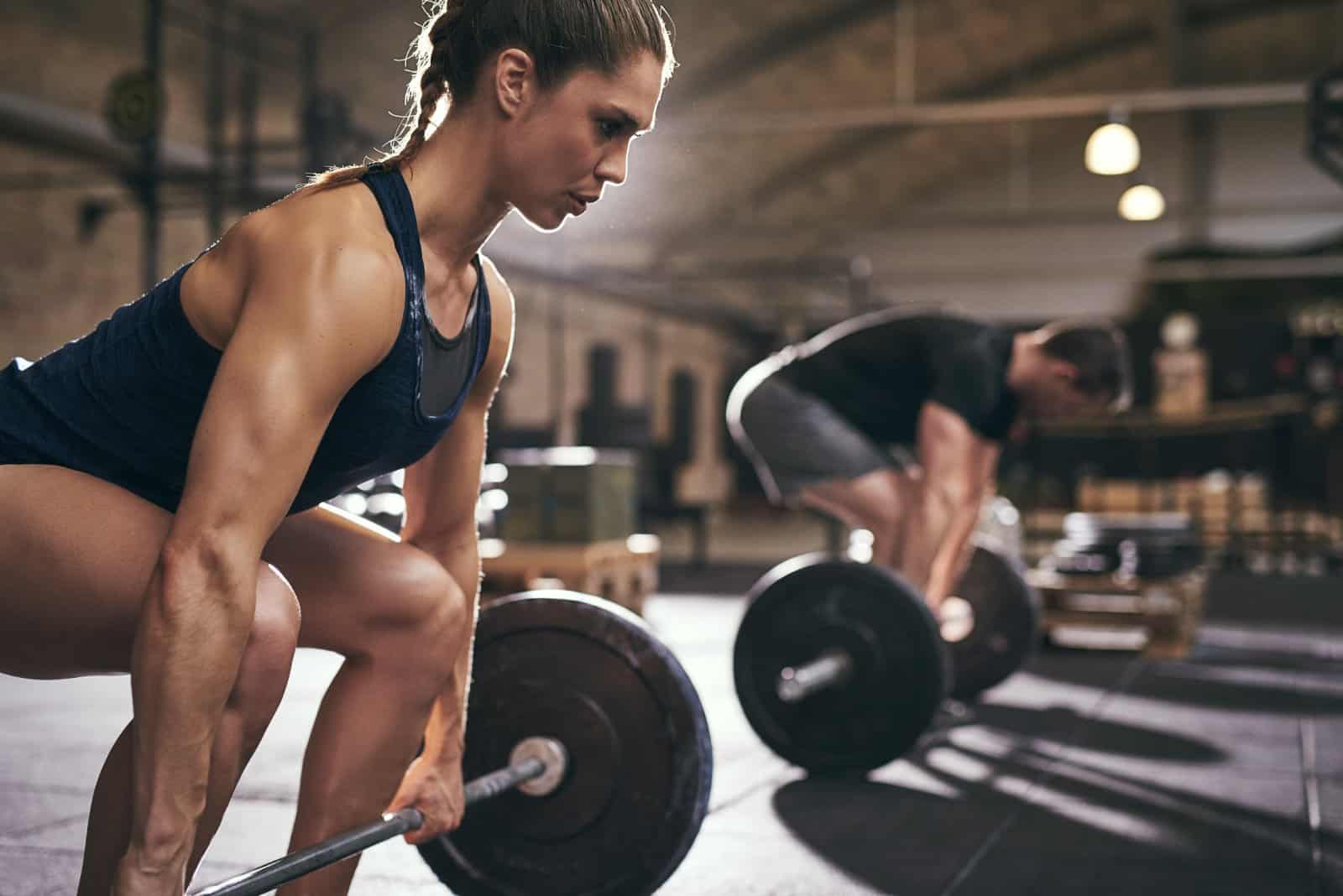
Research shows that men have 10-50% more strength than women, both in upper and lower body metrics. This disparity is central to the debate on transgender athletes in women’s sports. The lasting advantages of male puberty challenge the integrity of women’s competitions, making fairness a contentious issue.
3. Imane Khelif and Lin Yu-Ting
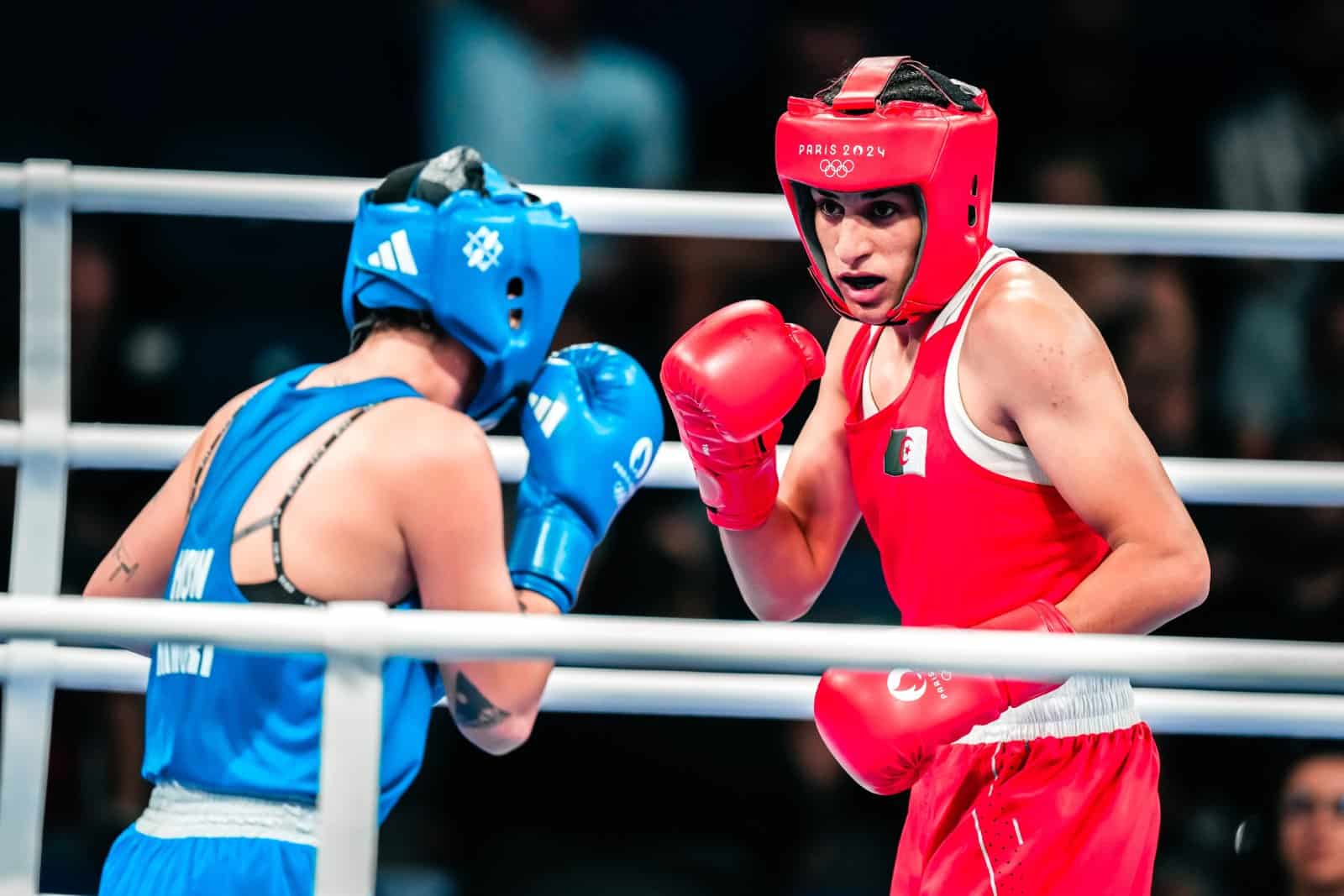
Imane Khelif of Algeria and Lin Yu-Ting of Taiwan have stirred controversy at the Paris 2024 Olympics. Both athletes were previously disqualified from the 2023 women’s world championships due to failing gender eligibility tests. Critics argue that their participation undermines fairness in women’s sports. As Angela Carini, who lost to Khelif, stated, “I have never been hit so hard in my life.”
4. Lia Thomas
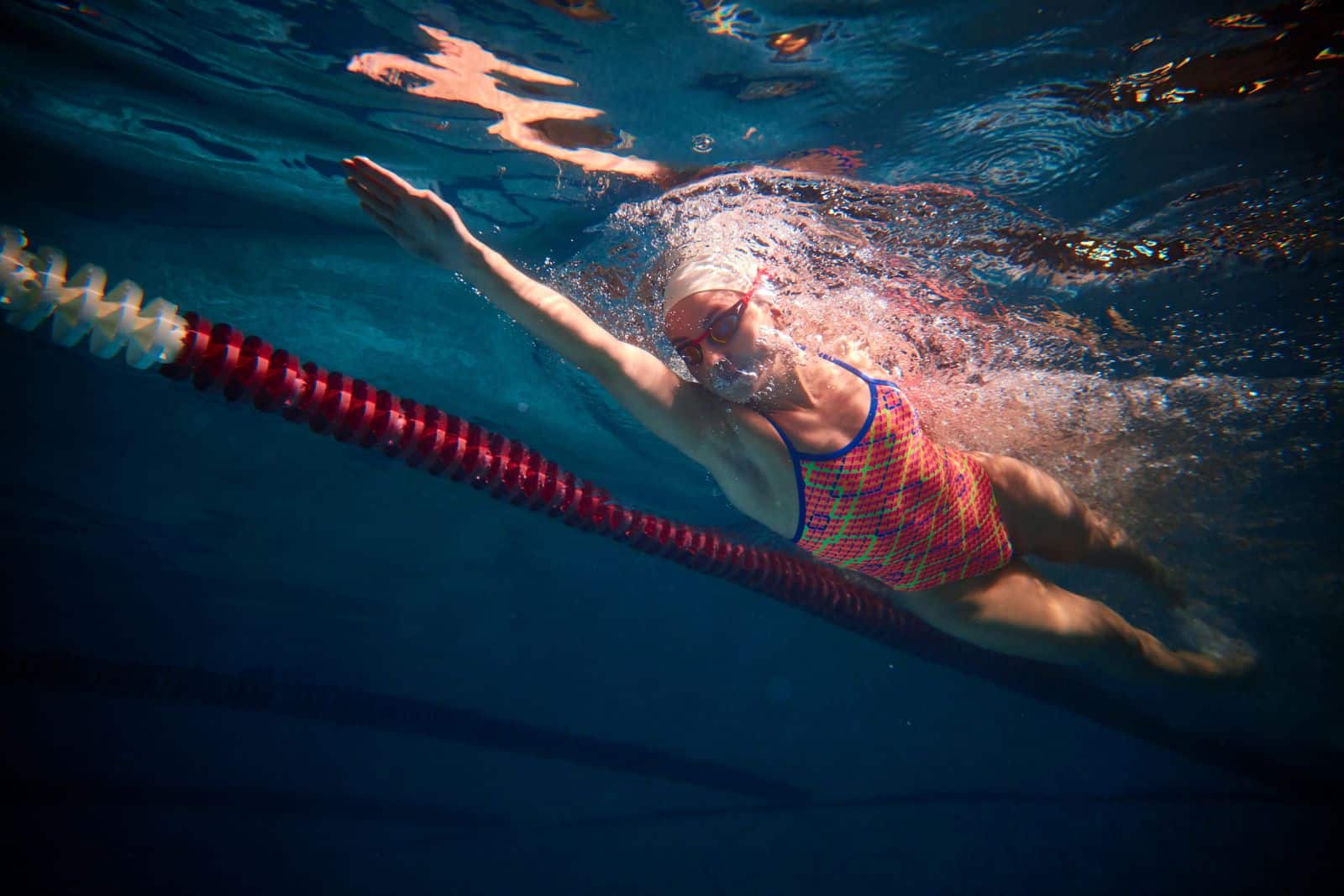
Lia Thomas, a transgender swimmer, caused a stir by winning multiple NCAA women’s swimming titles. Critics, including fellow athletes, argue that her pre-transition male puberty gives her an unfair edge. Riley Gaines, a former swimmer, said, “We want to compete on a level playing field.”
5. Caster Semenya
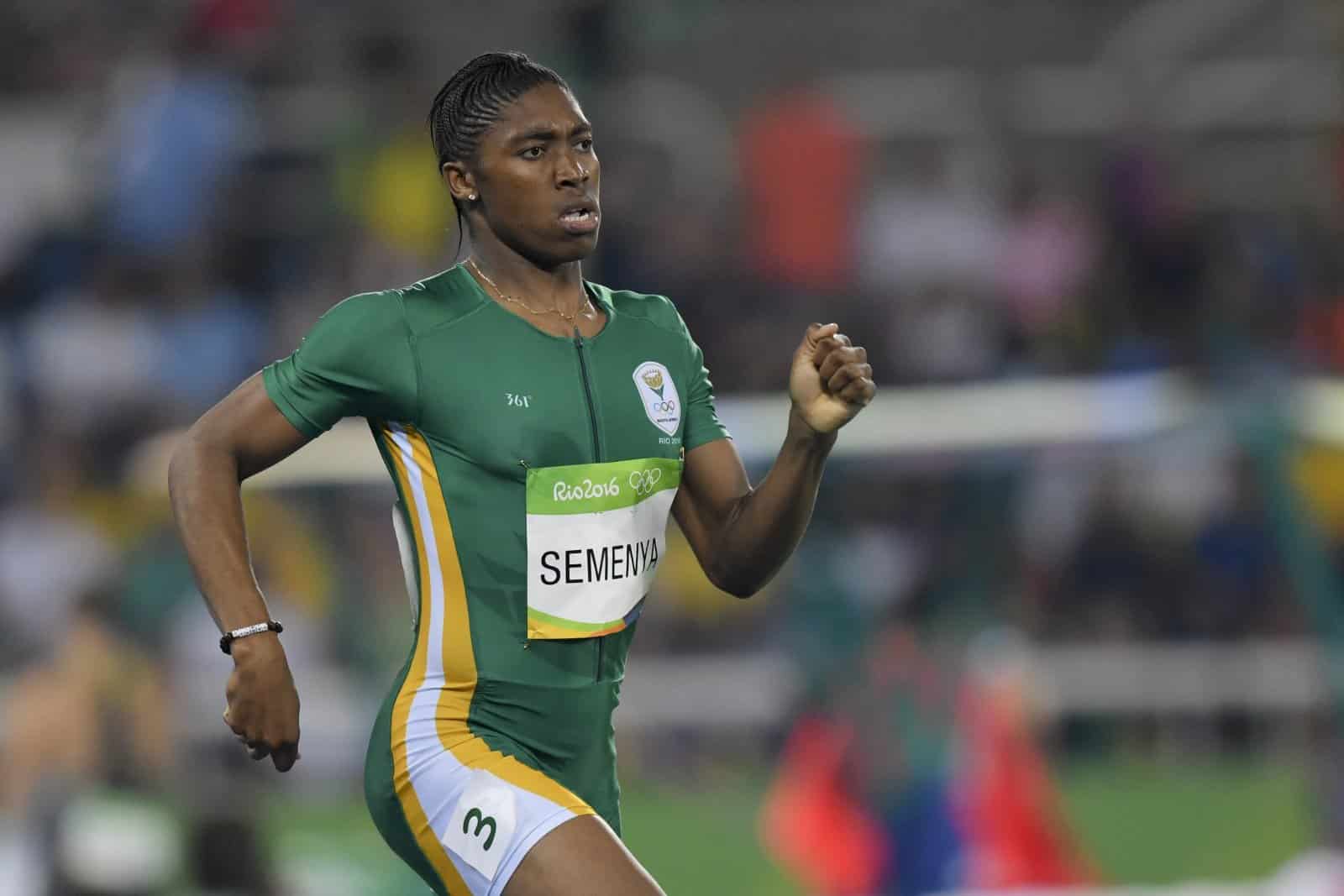
Caster Semenya, a female runner with naturally high testosterone, has faced invasive scrutiny and regulation demanding she take hormone suppressants to compete. Many believe this is unfair, as it forces her to alter her natural body chemistry to compete. The controversy highlights the struggle to balance fairness and human rights.
6. World Athletics’ Testosterone Regulations

World Athletics’ rules limit testosterone levels in female athletes to ensure fair competition. This policy has sparked backlash, particularly from athletes affected by these regulations. Critics argue that this discriminates against women with naturally higher testosterone levels, calling it an infringement on their rights.
7. World Rugby’s Ban
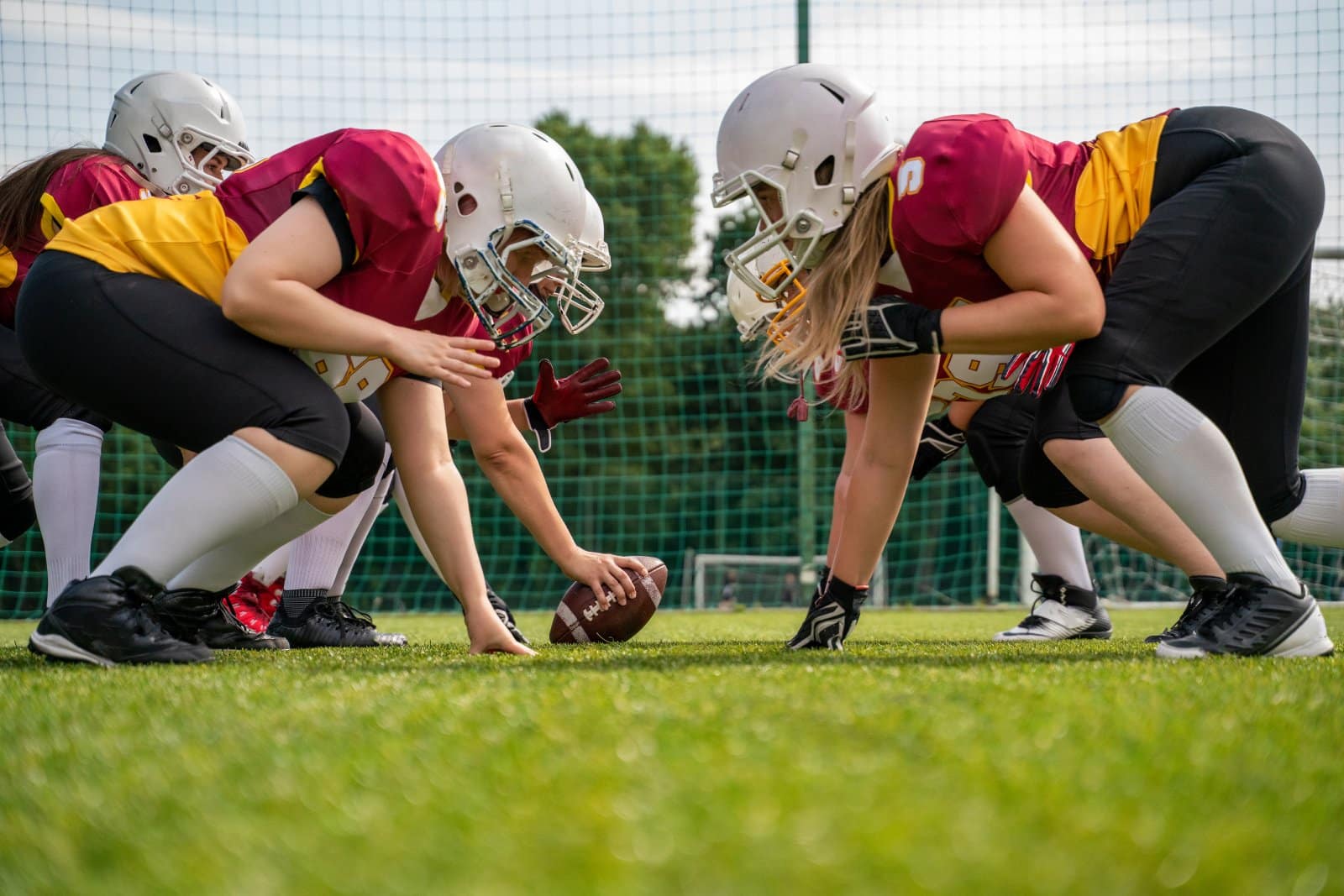
World Rugby has banned transgender women from global competitions, citing safety and fairness concerns. Supporters argue this is necessary to protect female athletes in a physically demanding sport. Opponents, however, see it as exclusionary and harmful to the inclusivity of sports.
8. Mary Gregory
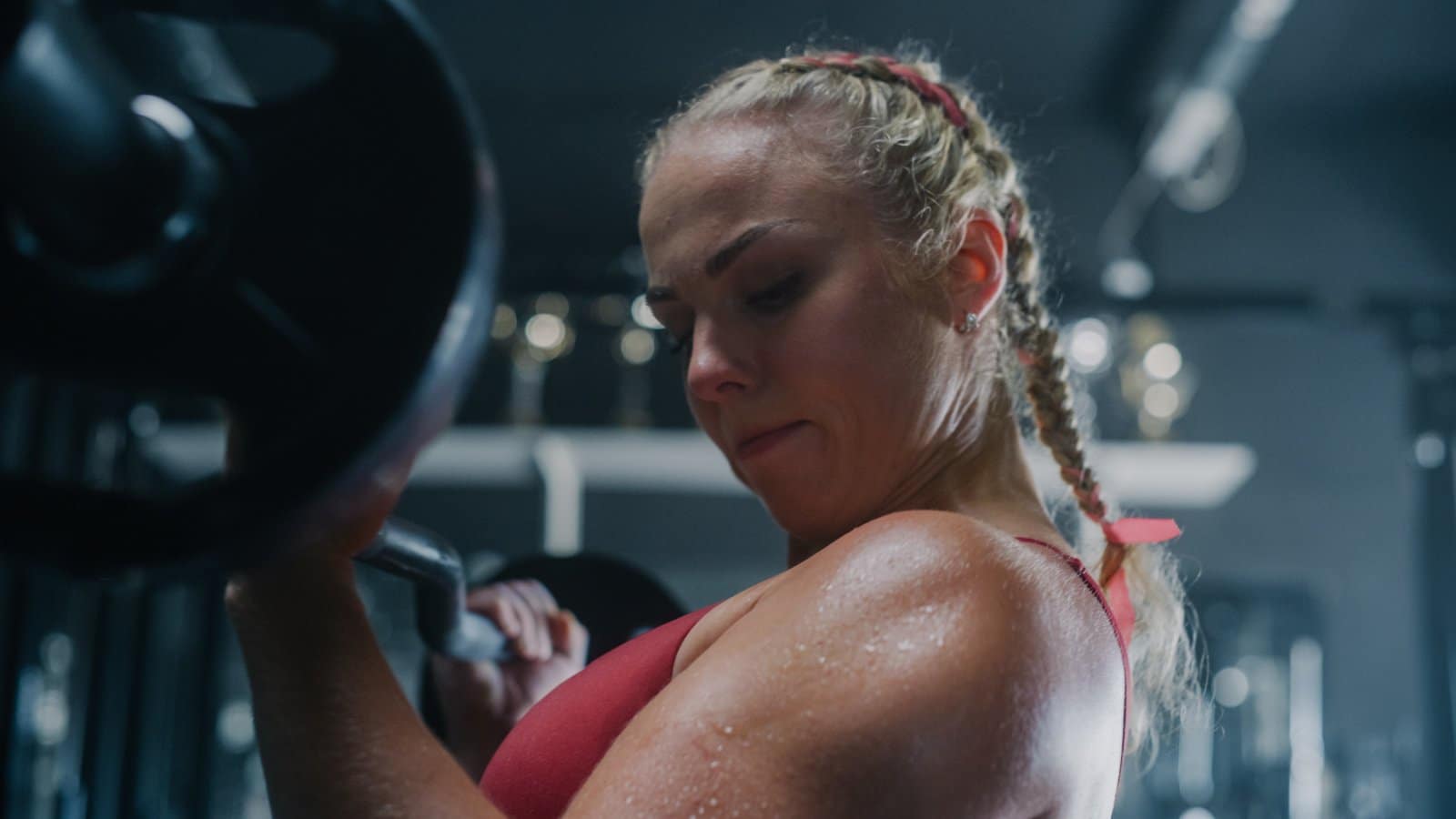
Transgender powerlifter Mary Gregory was stripped of her titles after winning women’s events. This incident has fueled debates about whether individuals who transition from male to female retain physical advantages in strength sports. Gregory’s case highlights the ongoing struggle to define fairness in sports.
9. Fallon Fox
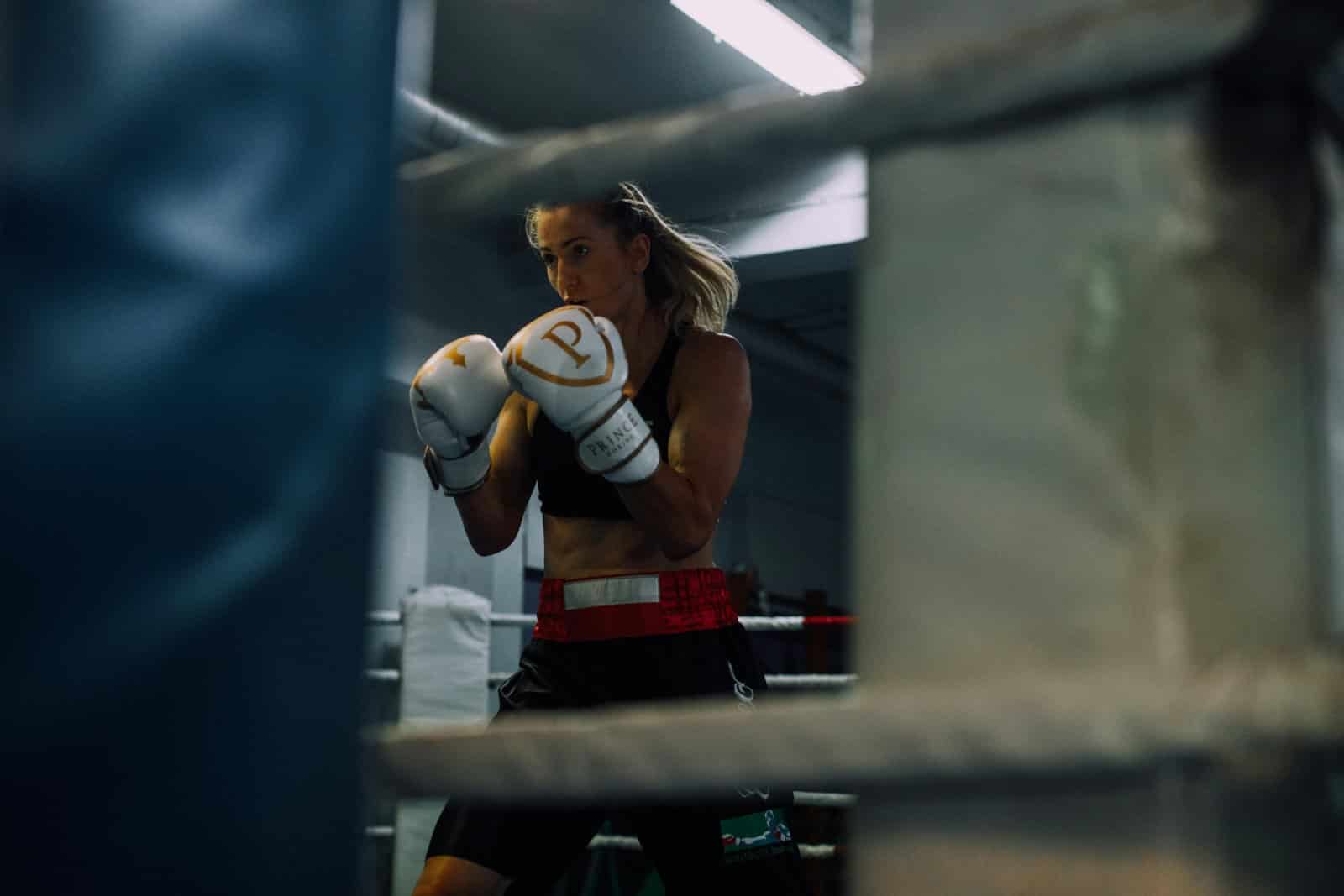
Fallon Fox, the first openly transgender MMA fighter, faced significant backlash regarding her eligibility to compete in women’s divisions. Critics, including some fighters, argue that her physical strength poses a safety risk to her opponents. This case underscores the tension between inclusivity and competitive fairness in combat sports.
10. NCAA’s Inclusive Policy
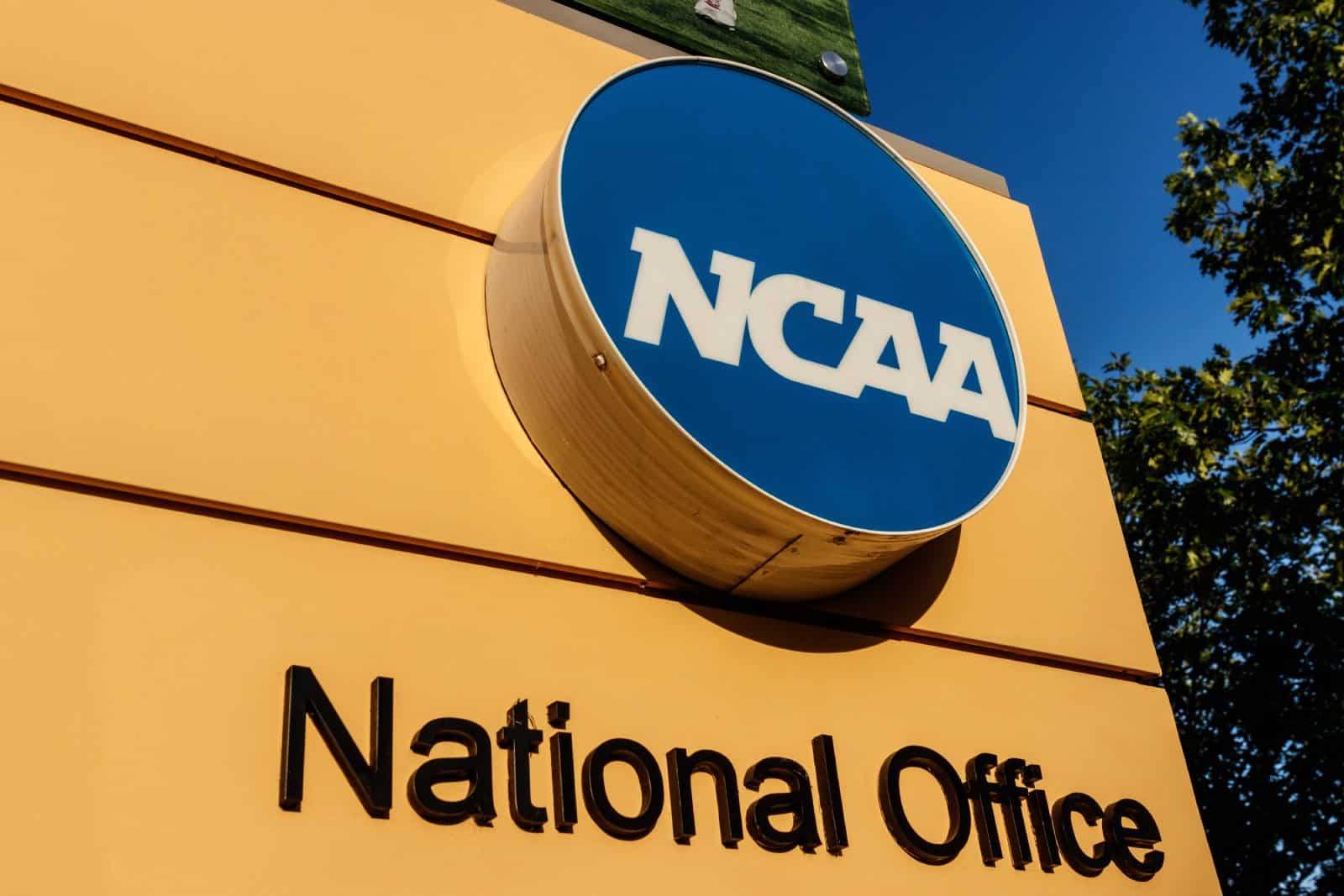
The NCAA’s policy allowing transgender athletes to compete has been under fire. Critics argue that it can create an uneven playing field, disadvantaging cisgender female athletes. Supporters, however, believe it promotes inclusivity and equal opportunity for all athletes.
11. USA Powerlifting Ban
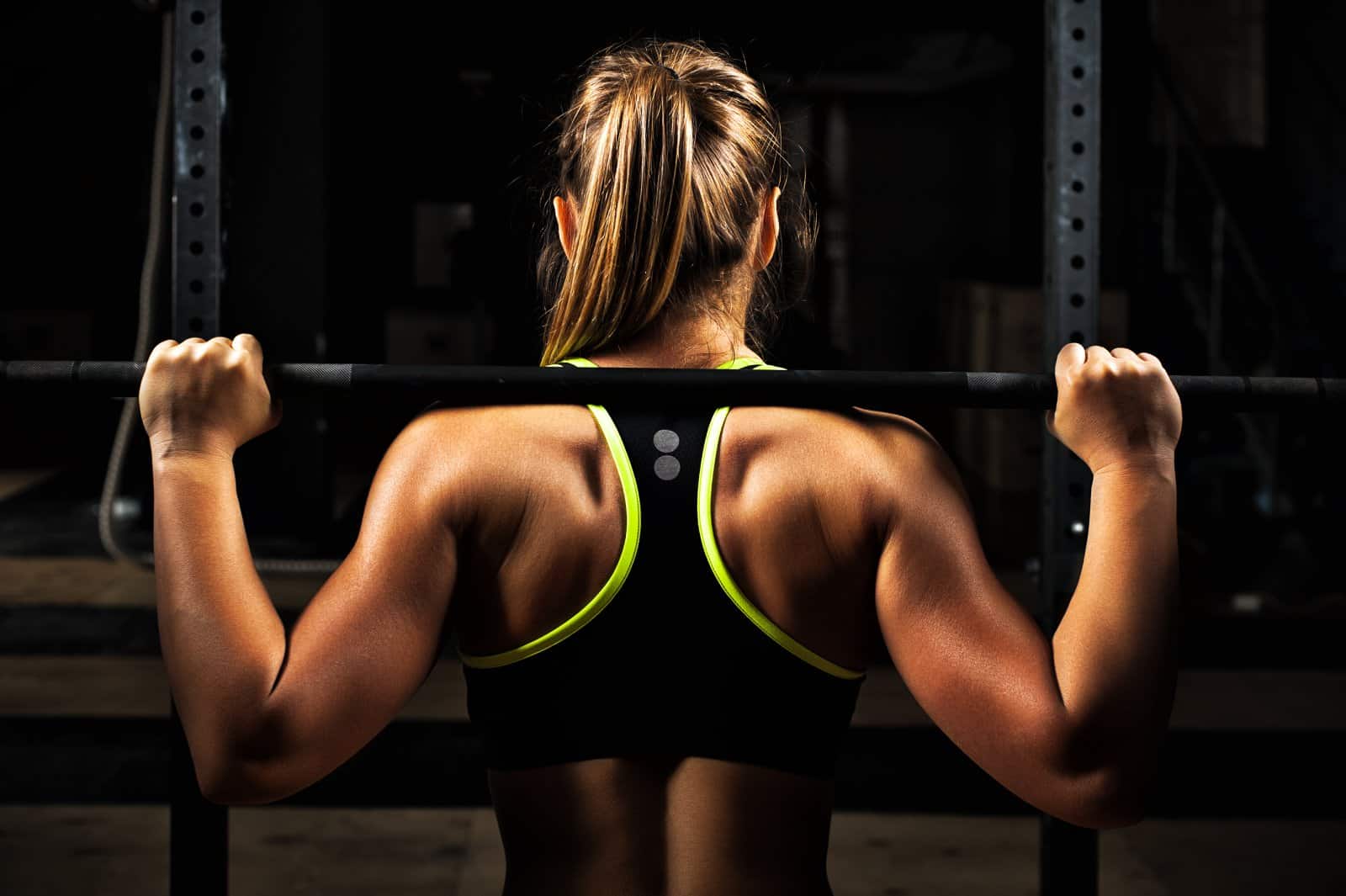
USA Powerlifting has banned transgender athletes from competing in women’s categories, citing fairness and competitive integrity. This decision has been both applauded for protecting women’s sports and criticized for being discriminatory. The debate continues on how to balance fairness and inclusion.
12. Laurel Hubbard
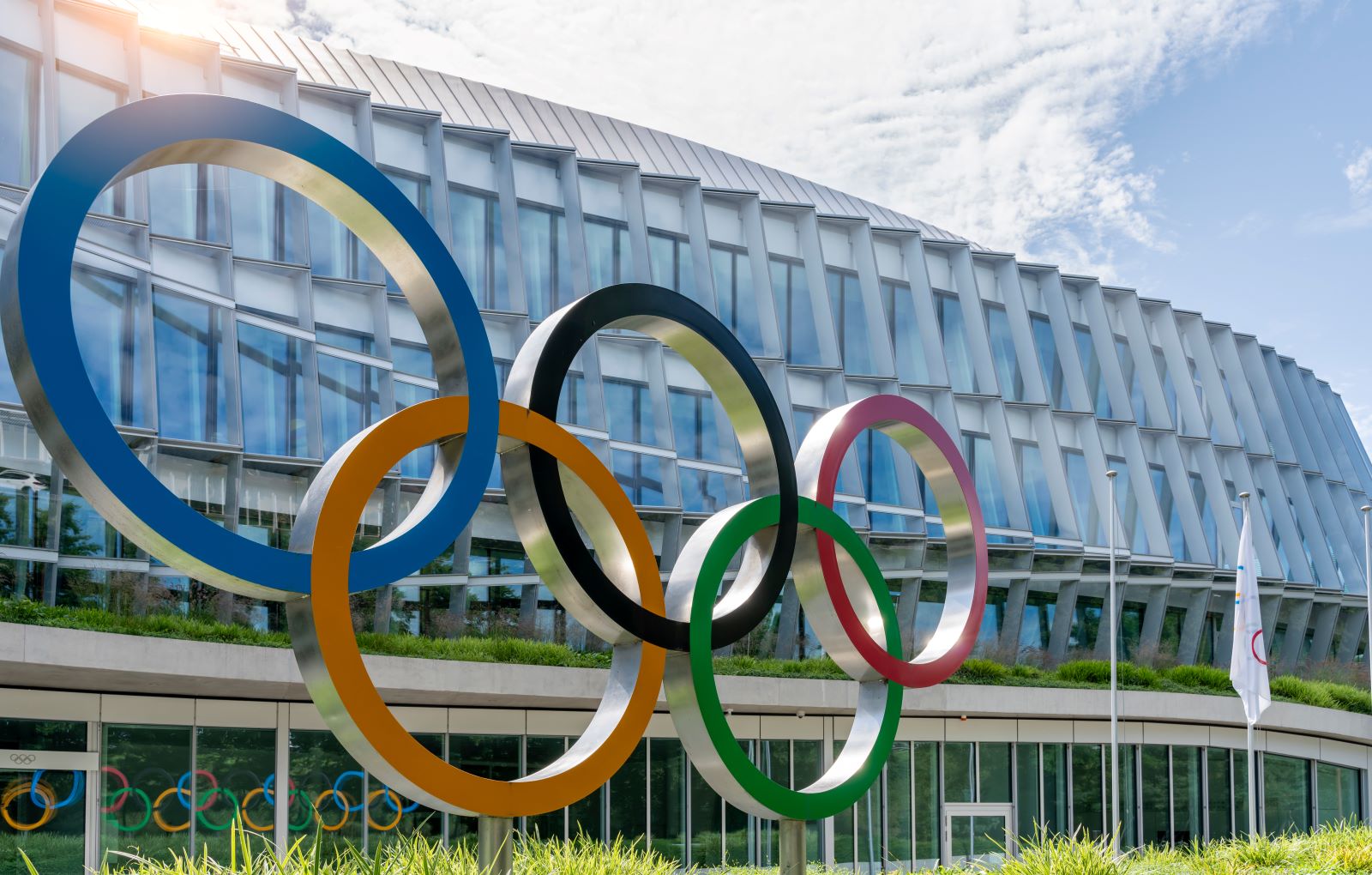
Laurel Hubbard, a transgender weightlifter, faced significant public and media scrutiny when competing in the Olympics. Critics argue that her participation is unfair to cisgender female weightlifters. Hubbard’s case has become a focal point in the broader debate on gender and sports.
13. International Olympic Committee (IOC)
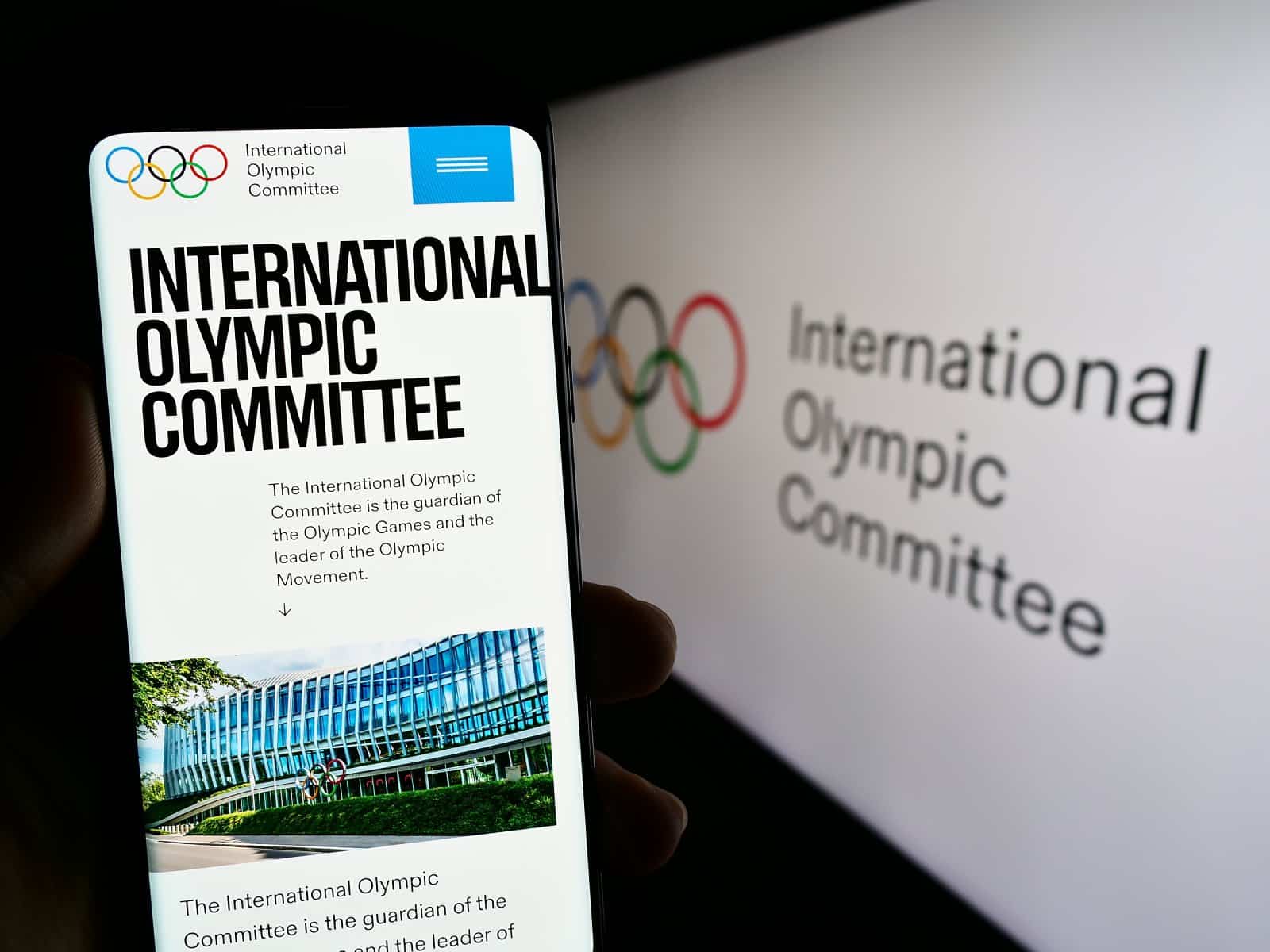
The IOC’s evolving policies on transgender athletes have stirred debate worldwide. While the committee aims to balance fairness and inclusion, critics argue that the guidelines are either too lenient or too strict. The ongoing adjustments reflect the complex nature of the issue.
14. Save Women’s Sports
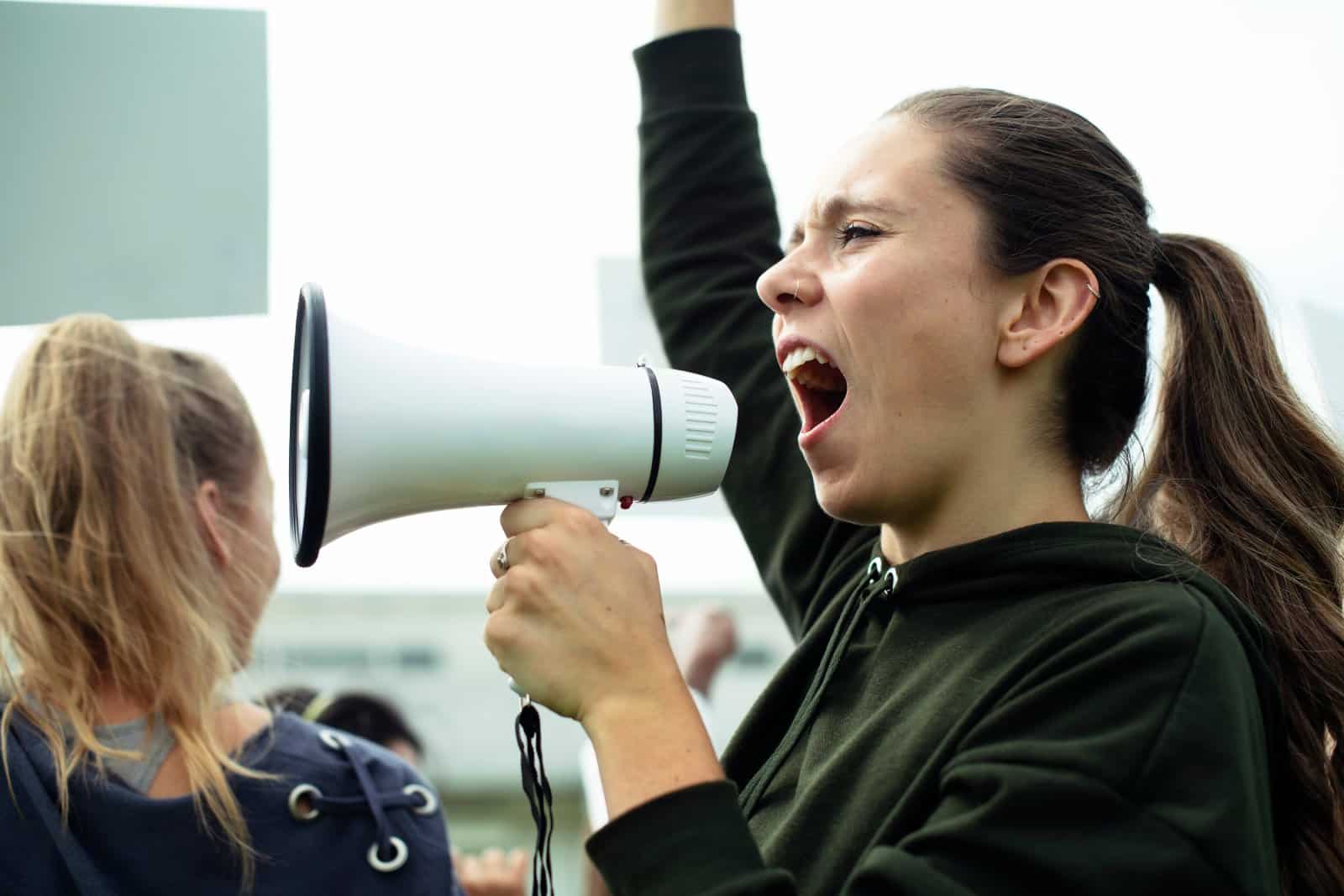
Save Women’s Sports, an organization advocating for biological-based eligibility standards argues that allowing transgender women to compete in female sports is unfair. They believe it undermines the integrity of women’s competitions. Their activism has brought significant attention to the debate.
15. Martina Navratilova
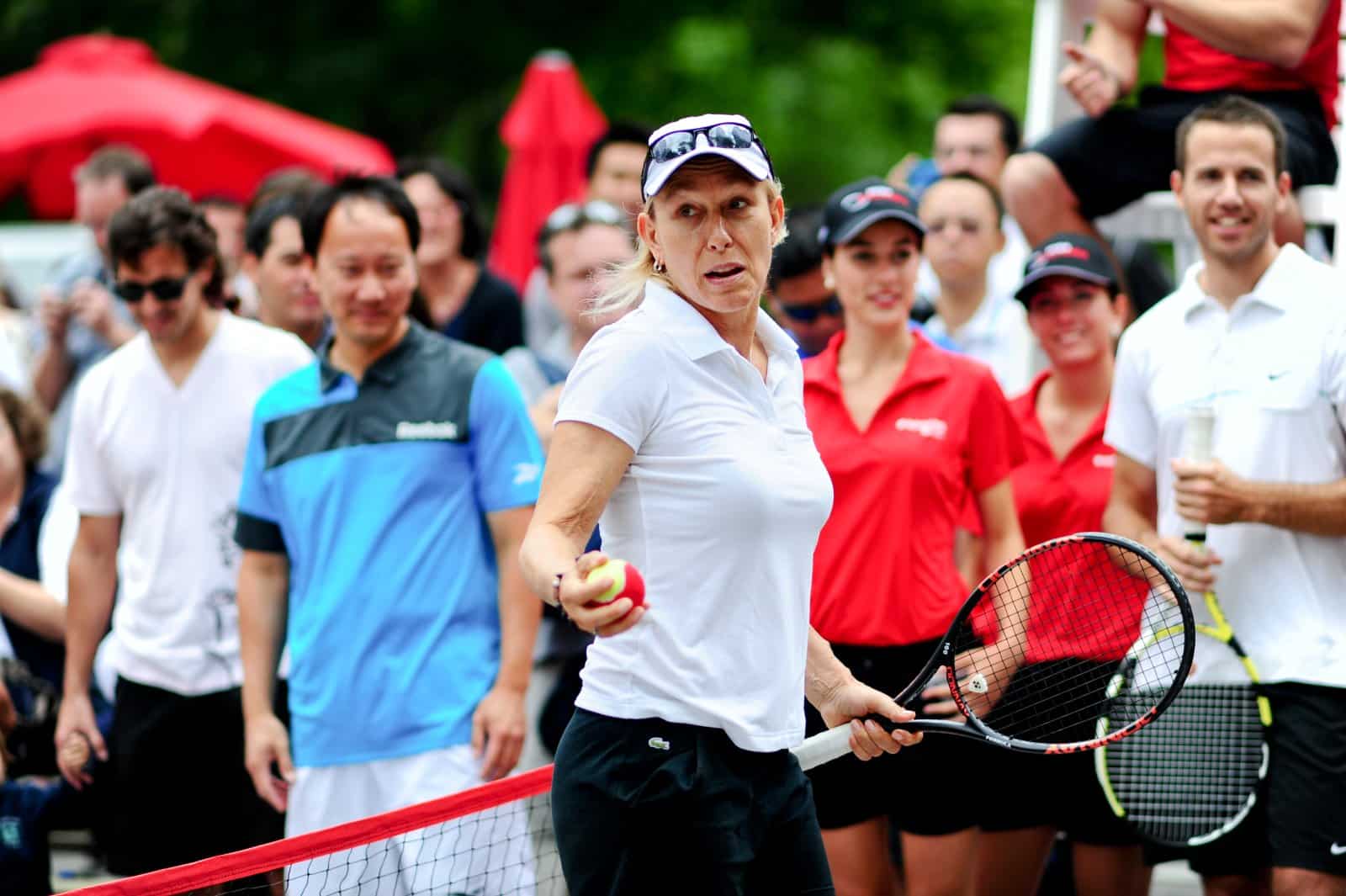
Tennis legend Martina Navratilova has been outspoken against transgender women competing in female sports, calling it unfair. Her stance has garnered both support and backlash. Navratilova argues that the physical advantages of male puberty cannot be overlooked.
16. Andraya Yearwood and Terry Miller
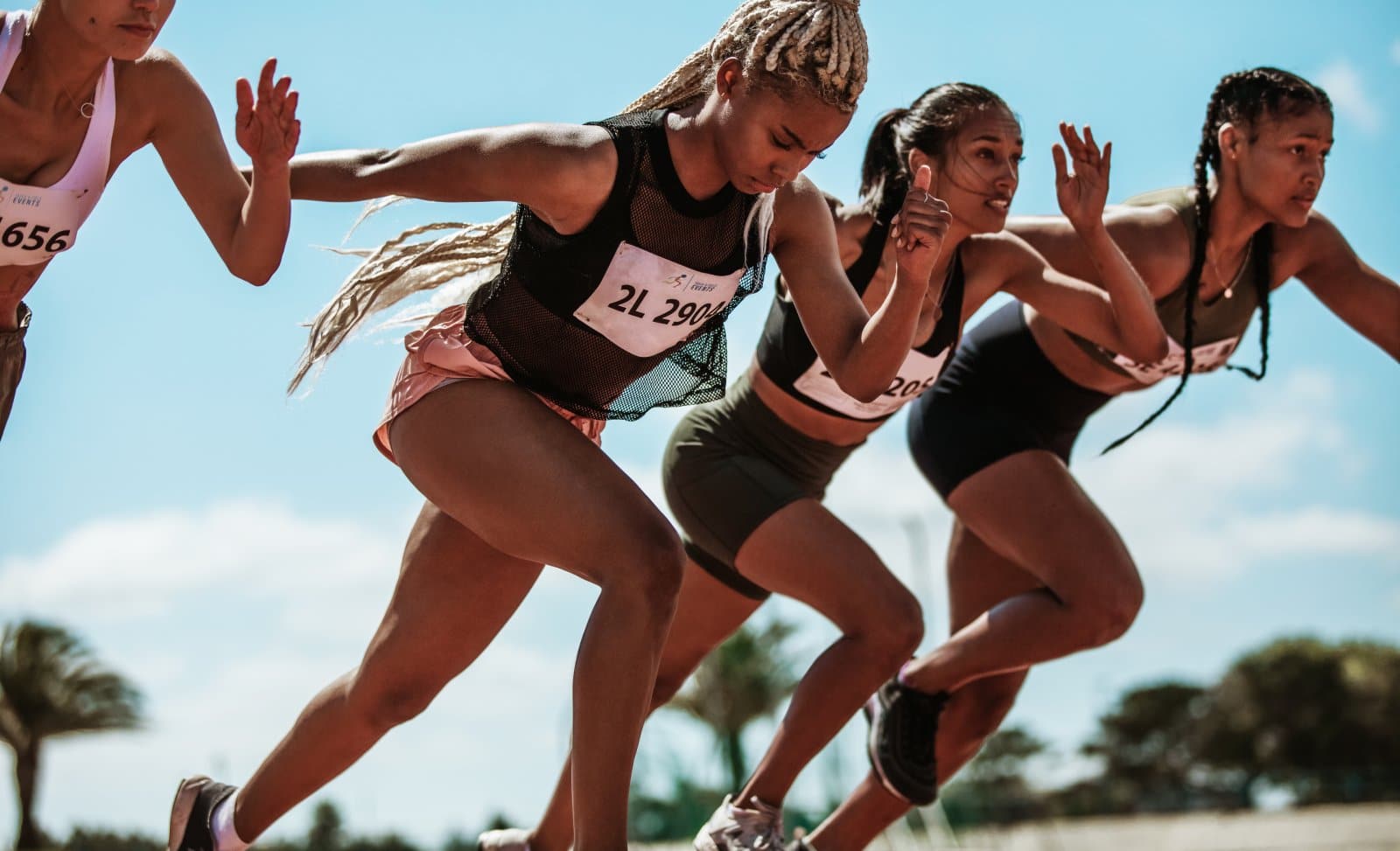
High school runners Andraya Yearwood and Terry Miller, both transgender, dominated track events in Connecticut, leading to a lawsuit. The case argues that their participation denies cisgender girls fair competition. This legal battle highlights the contentious nature of the issue at all levels of sport.
17. Rachel McKinnon

Rachel McKinnon, a transgender cyclist, has faced controversy over her victories in women’s events. Critics argue that her participation is unfair, citing her physiological advantages. McKinnon defends her right to compete, emphasizing the importance of inclusivity.
18. Selina Soule
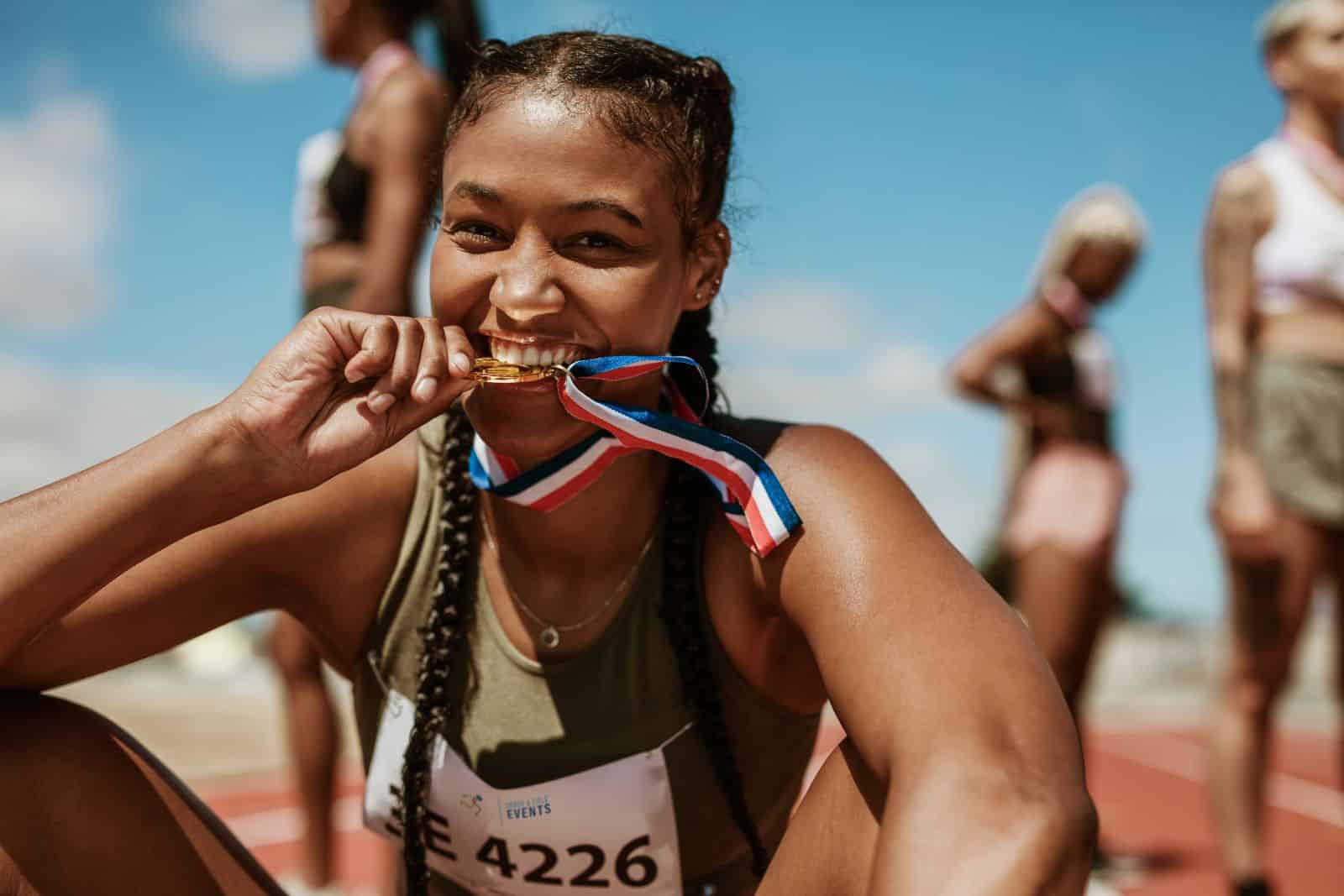
High school athlete Selina Soule was part of a lawsuit against Connecticut’s transgender sports policy. Soule and her supporters argue that allowing transgender athletes in female categories undermines fair competition. The case has drawn national attention to the issue.
19. Beth Stelzer
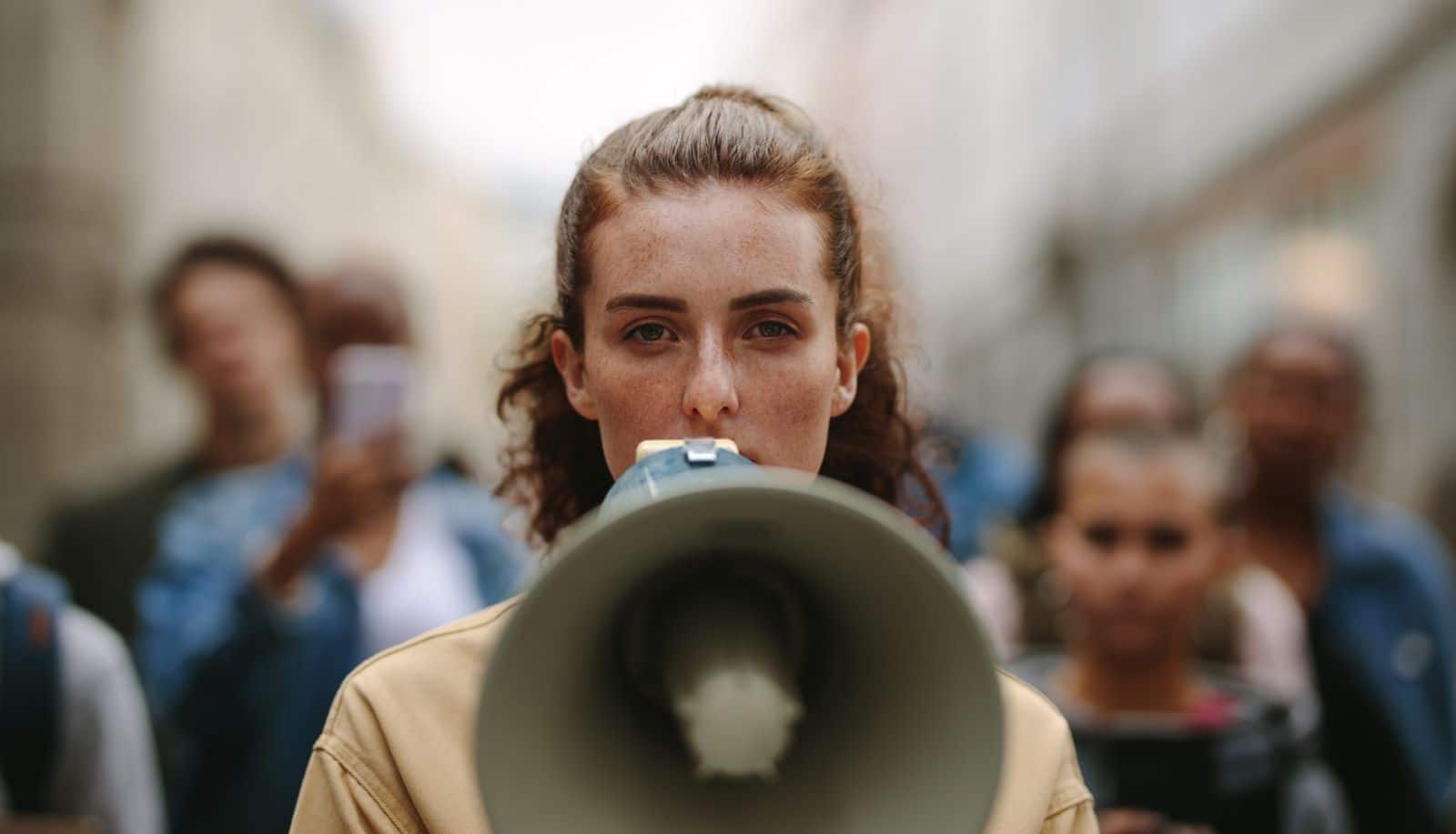
Beth Stelzer, founder of Save Women’s Sports, is a vocal advocate for preserving women-only categories in sports. Stelzer argues that allowing transgender women to compete in female sports is unfair and harmful. Her activism has brought significant visibility to the debate.
20. Megan Youngren
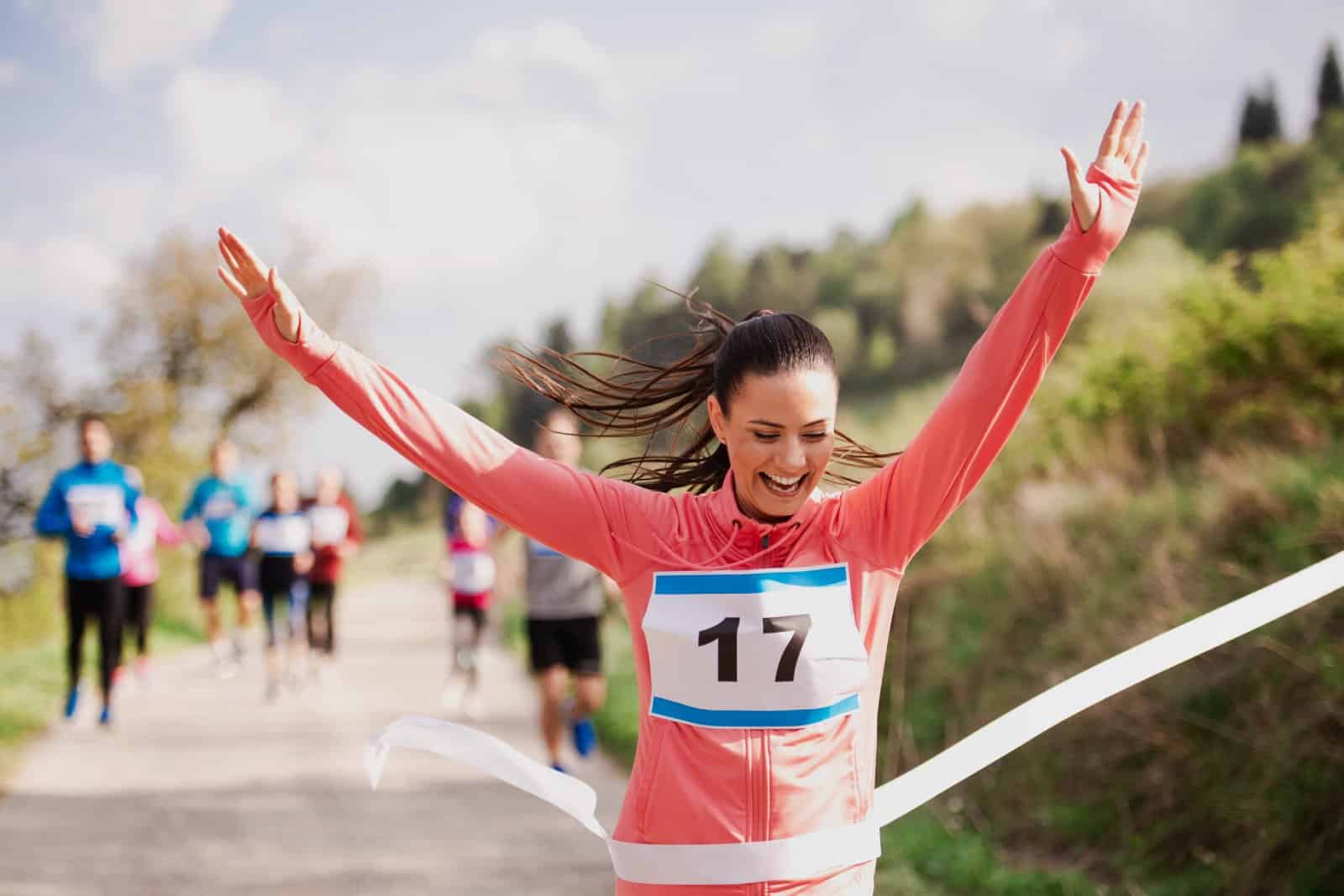
Megan Youngren, the first openly transgender athlete to compete in the U.S. Olympic marathon trials, faced both support and criticism. Critics argue that her participation is unfair to cisgender female runners. Youngren’s case highlights the ongoing tensions in the sports community.
21. High-Profile Nature of the 2024 Olympics
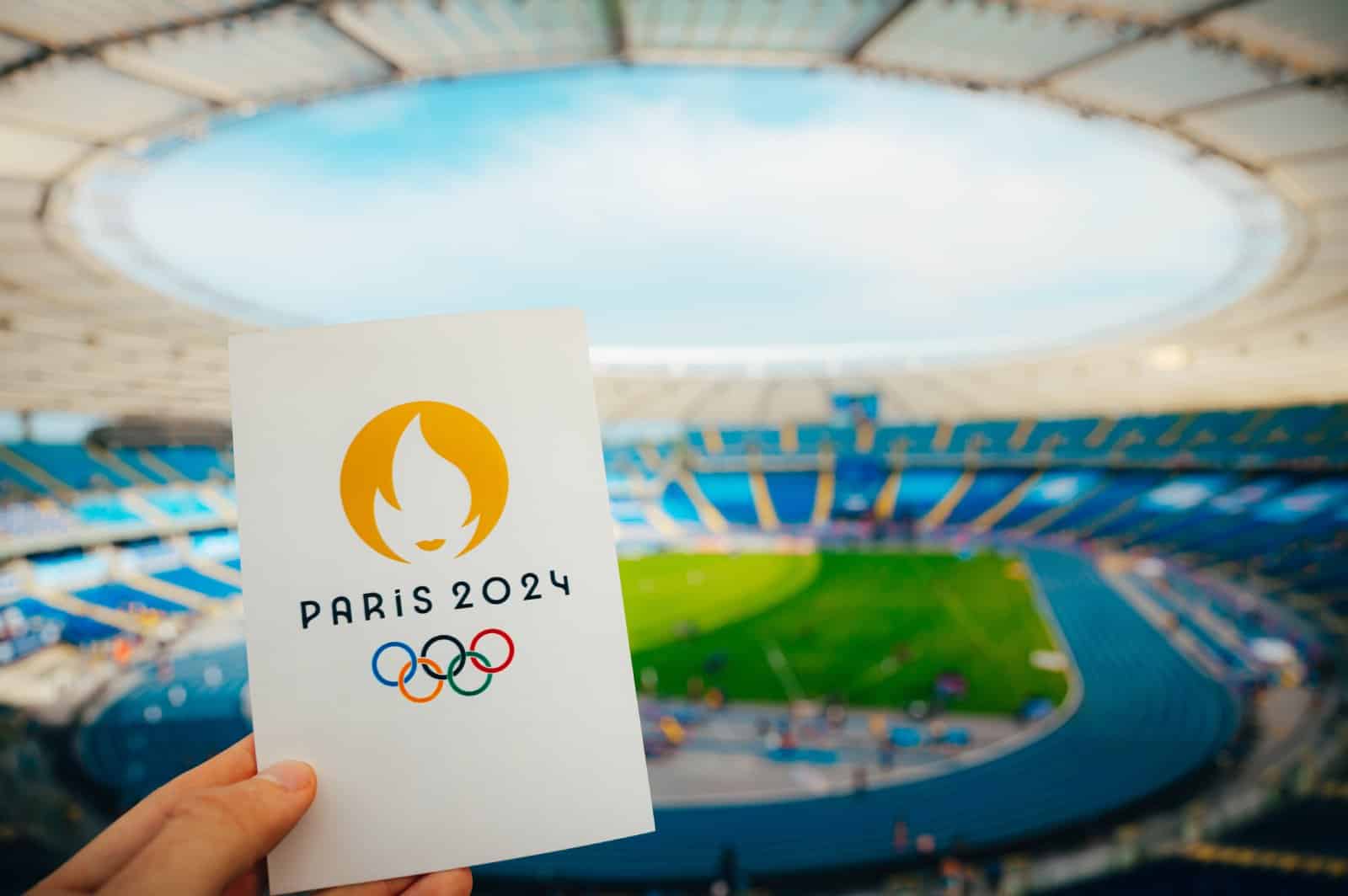
The 2024 Olympics has brought the gender debate in sports to the forefront. Watching female athletes literally beaten by competitors with disputed gender identities has led many spectators to question the fairness of the system. This global stage has amplified calls for more definitive and just regulations to protect the integrity of women’s sports.
The Fairness Debate: Where Do We Stand?
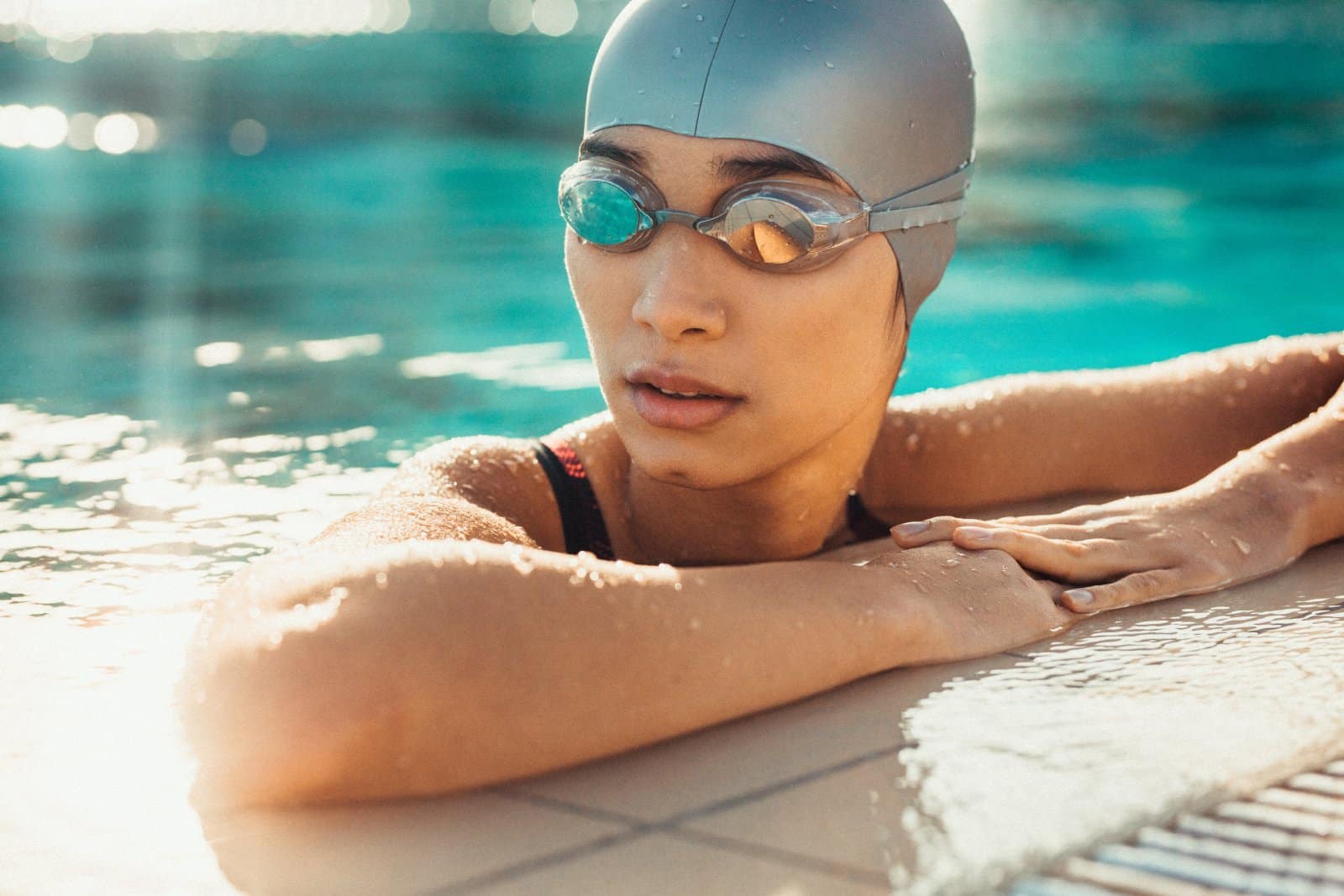
Is it fair to prioritize inclusivity over competitive integrity in sports? As we navigate these complex issues, it’s crucial to find a balance that respects all athletes. What’s your take on this heated debate?
21 Beliefs About the Bible That Are Actually False

The Bible is one of the most discussed and debated books in history, yet many common beliefs about it are more myth than fact. How many of these misconceptions have you heard before? 21 Beliefs About the Bible That Are Actually False
21 Subtle Racisms That Are Commonplace in America

Racism in America isn’t always overt; it often hides in plain sight through subtle actions and attitudes. How many of these subtle racisms have you noticed around you? 21 Subtle Racisms That Are Commonplace in America
Only Legal in America: 21 Things You CAN’T Do in the Rest of the World
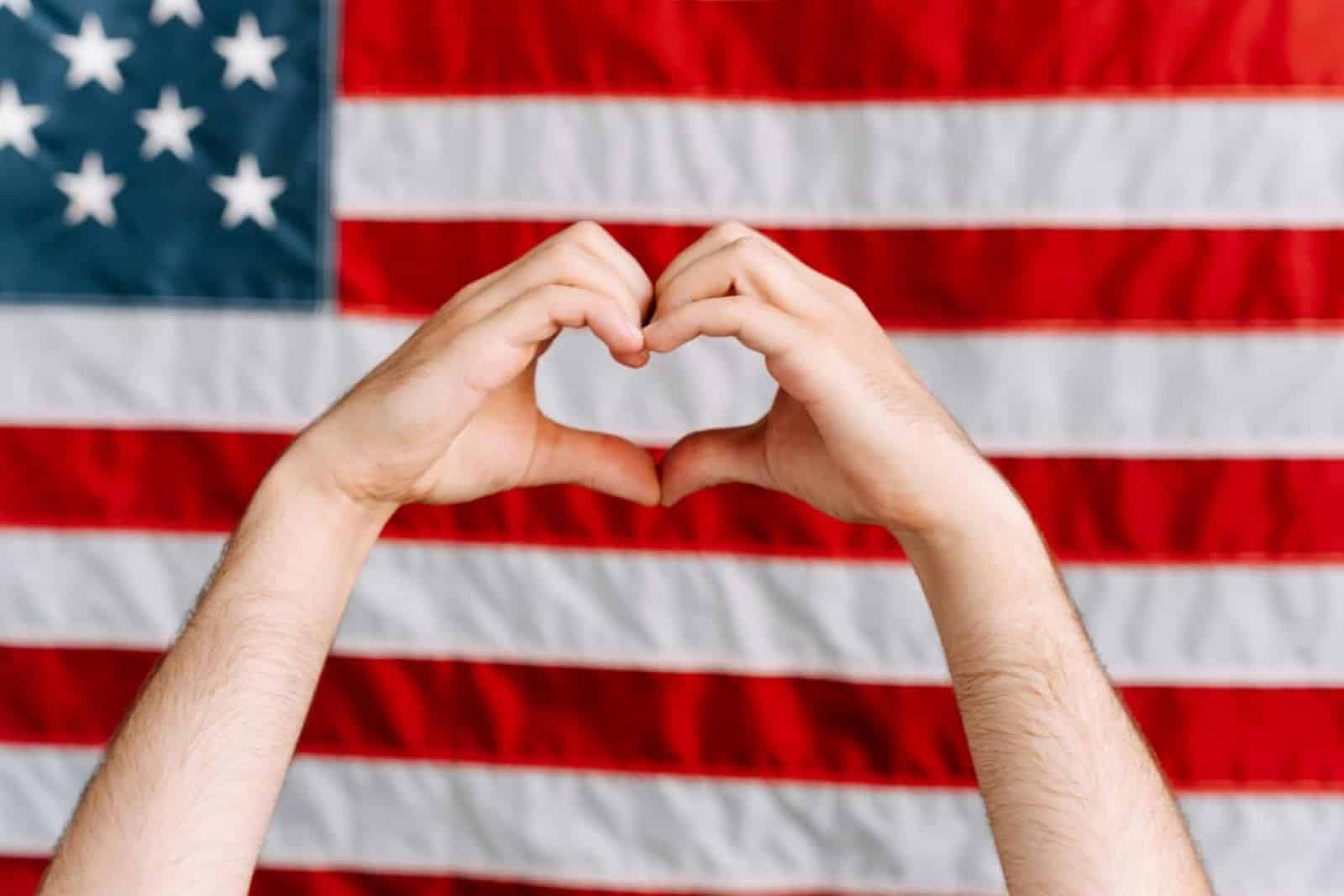
The U.S. dances to its own beat, especially when it comes to laws that make the rest of the world do a double-take. Here’s a lineup of things that scream “Only in America,” sticking strictly to what’s written in the law books. Ready for a tour through the American legal landscape that’ll leave you wondering if freedom might just be a bit too free? Only Legal in America: 21 Things You CAN’T Do in the Rest of the World
Featured Image Credit: Shutterstock / DCStockPhotography.
For transparency, this content was partly developed with AI assistance and carefully curated by an experienced editor to be informative and ensure accuracy.

